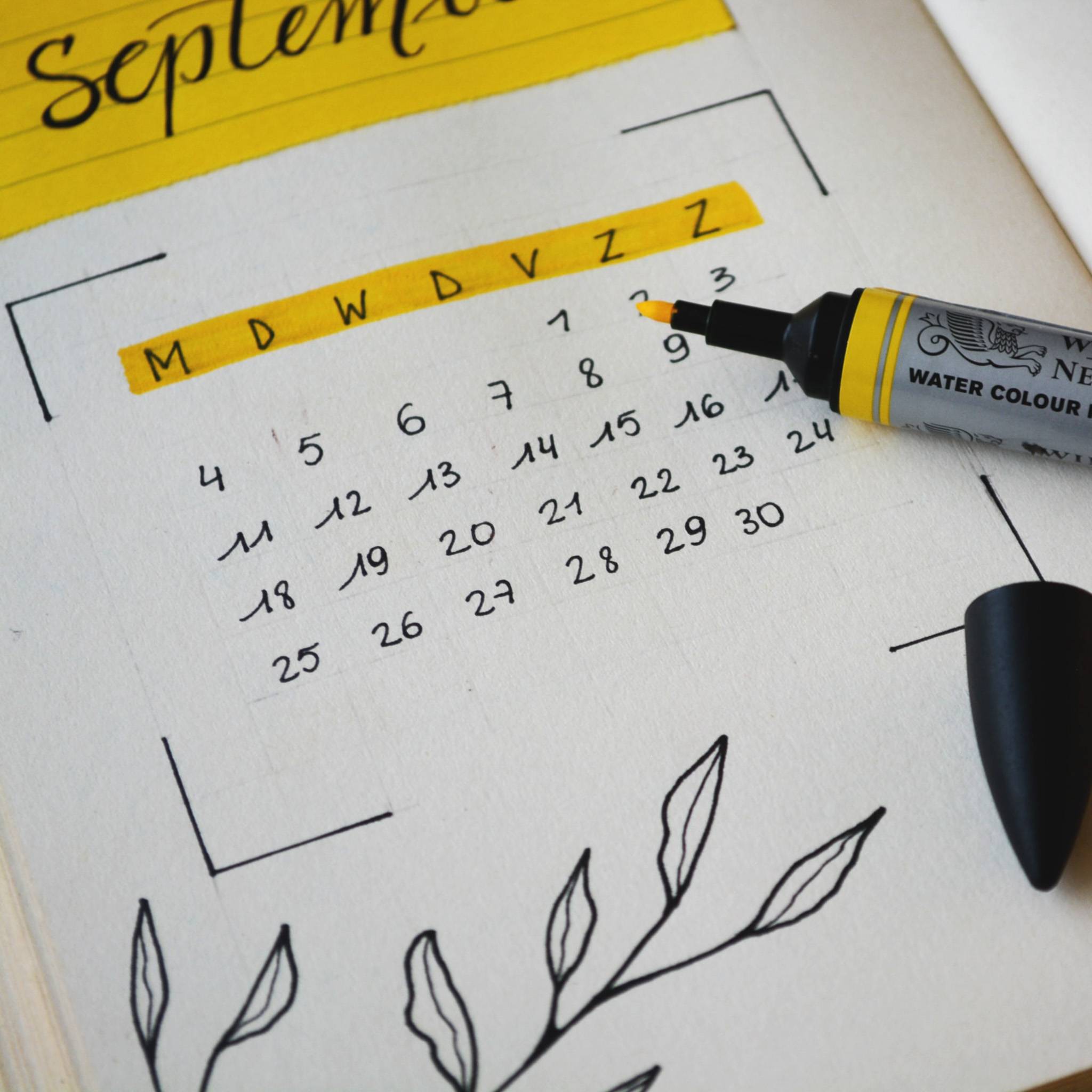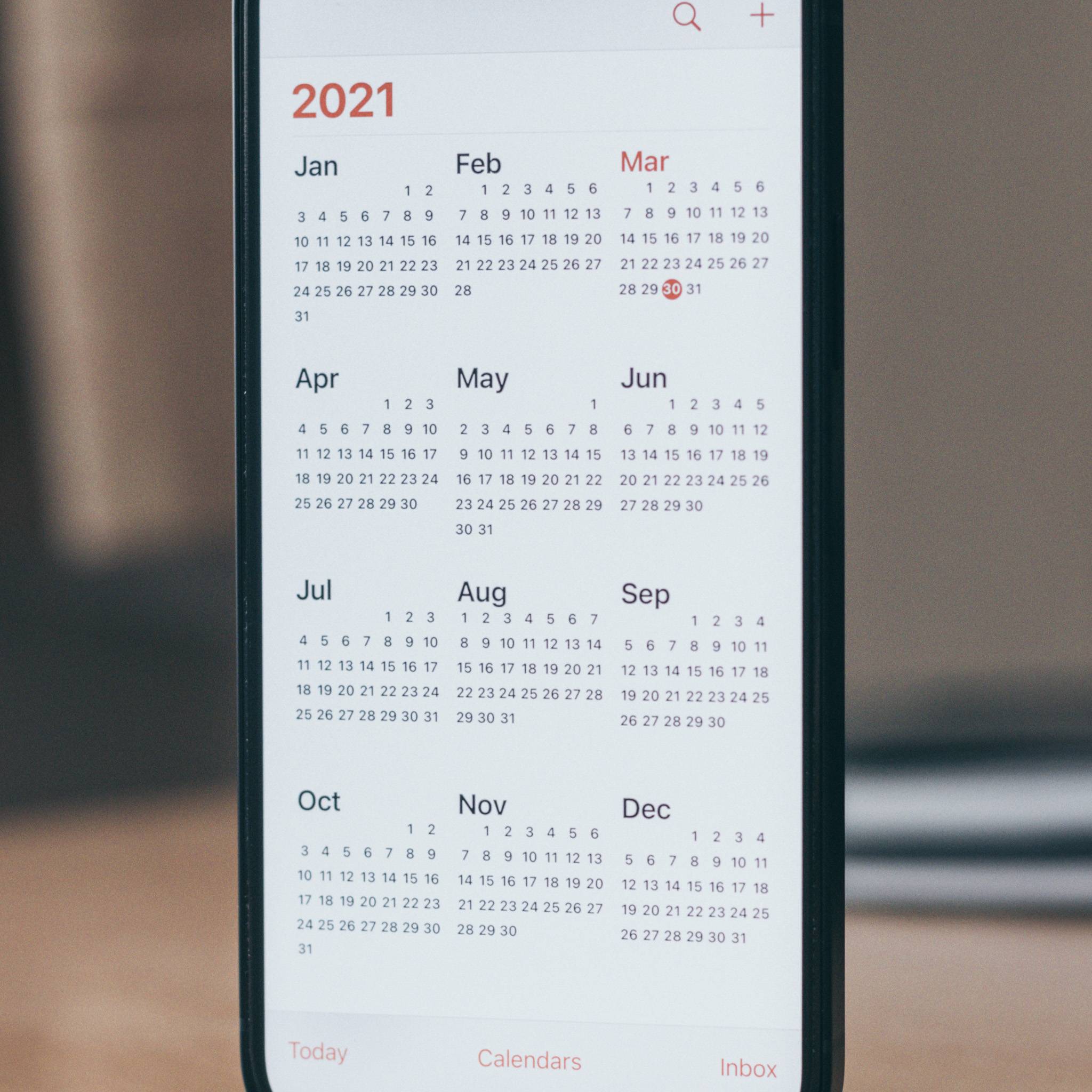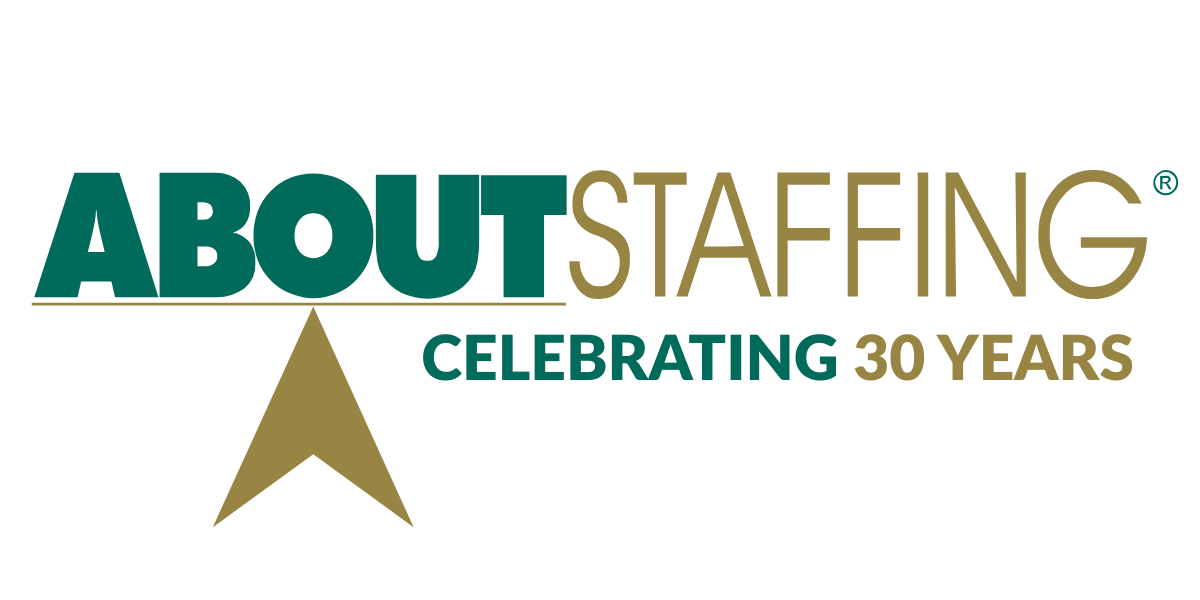How to Have a Great First Day of Work
Read Time: 8 Minutes
Table of Contents
Why is the First Day so Important?
Lets Get Started
Why is the First Day so Important?
We’ve all been there, starting a new job feeling nervous, excited, and confused about what to do and how to make the most of your first day.
The first day is always a little bit stressful and can be overwhelming for some. Why is that the case?
Well, the first day or even week of a new job usually involves a bit of an information overload.
We feel the need to learn as much as possible on the first day to make the best impressions, this usually leads to unrealistic expectations.
No one expects you to have everything figured out on your first day, in fact, they are most likely assuming you know next to nothing during your first week.
The first day is so important because you are setting the tone for who you are as both a person and a professional.
Below we are going to give you 15 tips to set yourself up for success on your first day at a new job.
1. Dress the Part

Everyone knows (or should know) the importance of how you dress. The way you present yourself visually will determine how others view you, and dressing the part is a great way to let others know you are prepared and professional.
If you are unsure of what to wear the best way to find out is to simply ask what the dress code is. If you can’t get an answer in time, it’s best to err on the more formal side.
Once you have been extended an offer letter and the job is yours, feel free to prepare for your first day by asking questions like this.
Additionally, you should receive an employee handbook on your first day as well as other orientation materials. This should have answers to most of your questions retaining to your first few days.
2. Planning Ahead
If there is one thing you want to avoid on your first day at a new job, it’s being late. Make sure to plan for your commute so you arrive early.
Ask yourself some questions before your start date to help you prepare.
- How are you going to get to work?
- Is the location accessible by transit?
- How far is the office from you?
- What is the traffic like during your commute time?
Make note of these things while you are going to and from the office during the interview process.
If your interviews have been virtual or held in an off-site location, it may be worth your time to do a test run on your commute to be extra prepared.

3. Ask Your Questions (All of Them)

Don’t be afraid to ask questions, especially on your first day. People tend to assume that co-workers and employers are annoyed by questions, but most welcome them on the first day and even the first week as it helps you get up to speed faster and makes their life easier.
Take this time to really dig into the company, culture, your co-workers, and your own role and responsibilities. Ask all your in-depth questions Just be sure to retain the information you seek, no one likes answering the same questions over and over.
If you have some very basic inquiries, the first day is when you will have the most freedom to ask. It is usually advised to avoid questions that are easily answered on your own.
It can also help to come up with a few specific questions prepared so you’re not empty-handed when asked if you have any questions. Similar to how you prepared for your job interviews when you applied for your new position.
4. Be Kind to Everyone
It may be every new employee’s dream to be friends with everyone they work with, but that’s not always realistic. (Unless you’re working with a small team.)
Not everyone you work with has to be your best friend, that’s not normal. But you should be able to get along with everyone.
This is why it is important to be polite and kind to everyone you work with especially when starting a new job to start off on the right foot.
The last thing you want to do is burn bridges early on or send the wrong message when you might need someone’s help in the near future.
Be sure to keep a positive attitude, smile, and be proactive in introducing yourself to your co-workers (when they have time).
It’s not a difficult thing to do, but it can make a world of a difference in the long run.

5. Don’t Isolate Yourself

Building off our last point about being positive it is important not to isolate yourself early on. Regardless if you are an extrovert or not, make an effort to accept invitations from co-workers and supervisors during your first week.
Be sure to keep an open mind towards things like lunches and out-of-office meetings early on. This doesn’t have to be your new norm but until you settle in it is a great way to network and make some friends at your new job.
It also allows you to start bonding and making yourself a known team member within the company. Both are essential aspects of employee satisfaction and retention.
Additionally, it can help make it easier to introduce yourself to a fellow team member if you prepare an elevator pitch.
6. Be Observant
On your first day, it can feel a little overwhelming, there is a lot going on and a lot to take in from your new work environment.
Remember you aren’t expected to learn everything in one day. It is, however, important to try to be extra observant.
In your first few days, it is important to pay attention to things that might not be explicitly told to you. Things like when/where co-workers take breaks, what is the culture like? Are there any daily or weekly routines that you are a part of?
Try to take in what you can but don’t stress, it will take time to learn everything.

7. Make Your Self Available

Once you get settled into your role with a new employer it can be difficult to make time on the fly for meetings and other unannounced occurrences. These occurrences tend to happen more during your first week anyways.
During your first week, people will still want to meet you, co-workers, supervisors, managers, and so on. Although it may slow down your productivity, it is important to be available when people pop up over your first week.
It shows that you are a positive and open-minded person. Someone who is more likely to get along with others in the company.
It can also be a great way to highlight your time management skills if you can handle it well.
8. Watch Your Body Language
Just as your outfit choice has an impact on impressions so does the way you present yourself through your body language.
If you stand closed off with your arms crossed the whole time people will assume you are rude and unfriendly. If you choose to smile and appear open people will find you more approachable and enjoyable to work with.
These assumptions will linger and not everyone will give you a fair chance to prove them wrong, so it’s important to use the right body language from the start.
It can be difficult to be aware of how your body language is perceived all the time so if nothing else, remember to smile.

9. Relax and be Present

People usually stress about their first day at a new job because they are worried about what everyone’s expectations or opinions will be.
You can do yourself a favour by remembering that no one is expecting the world from you on your first day.
The first day is for you to learn and understand your role, and then you can begin to work towards your performance goals in the future.
This will help calm your nerves and allow you to enjoy your first day. Remember to breathe and be in the moment.
It’s an exciting and fun experience starting a new chapter in your professional life, so don’t miss out on the fun side.
10. Thank You and Goodbye
During your first day, you will likely meet a lot of new people. You may simply say hello or possibly spend an hour or so learning from them.
Either way, it is a good idea to end the day by saying thank you and goodbye to those who you met, and were helped by, on your first day.
Acknowledging the effort people put in to help you succeed on your first day is important to show your appreciation for their time.
They may be more inclined to help you again in the future if you express gratitude and they know that it is appreciated.

11. Connect With Your Team on LinkedIn

It is common career advice to always be growing your professional network. There is no better time than when you meet your new colleagues on your human resources tour.
There is no need to rush this but if you happen to get along well will a couple of your co-workers send them a connection invite on LinkedIn.
Make sure not to force it, and don’t bother sending out requests to those who you didn’t personally meet.
This can be a good platform to communicate with them should you have any questions during your first few days.
Not everything may not require the formality of an email. And if the company doesn’t use a platform like Teams or Slack it is one of your more appropriate choices for business-related communication.
12. Take Notes
Don’t be afraid to take notes on your first day, I have always brought a notebook and pen when I start a new job.
I write down everything I think is either important or forgettable in the future. It helps keep my mind clear and focused as I learn more and more throughout the day.
It’s difficult to remember everything that you get taught on your first day. It’s information overload and if you don’t find a good way to retain it you may find yourself lost soon enough.
Additionally, it gives you somewhere to look back to should you forget something you learned instead of having to ask someone again.
Using your phone for notes is only a good idea if it has been cleared by a supervisor. Make sure you let those you are talking with know that you are using your phone for note-taking. Otherwise, they might assume you are distracted.

13. Stay Positive

A positive attitude goes a long way, and it is a great way to make a good first impression.
We all know how draining it can be when you are forced to work with someone who is always negative.
It brings down joy, productivity, and morale for the whole team. Don’t be that person, especially on your first day. Make sure to really focus on bringing positive energy as a new hire.
It can be difficult to make it through a busy work week but complaining isn’t going to help you or anyone else.
14. Show Interest in your Co-workers
Think of your new work as a giant puzzle. It’s going to be difficult to understand the bigger picture if you don’t take the time to understand all the pieces first.
Everyone has an important role in keeping the company going in the right direction. In your first week try to get to know your coworkers and understand what it is that they do at the company.
If you only remember two things, your co-worker’s titles and their names are going to be the most important.
This is a great opportunity to learn some really cool information, not only about the company but also about your new team. Some of the most invaluable insights may come from taking the time to get to know your team.
Successful people tend to have the ability to see the big picture and not just what they are responsible for.

15. Be Engaged

It takes a lot of time out of other people’s day to get you the training you need to succeed.
Make sure you are actively engaged in the training phases that you are working through.
The only thing you should actively avoid engaging in is office politics and gossip, especially in your first few weeks.
There’s nothing worse than trying to train someone who is uninterested off the bat.
Be present and show interest when you are being trained or shown the ropes. This will make people want to help as they feel valued. It will also highlight your work ethic by really focusing on learning new things.
It will also hurt you down the line if you aren’t paying attention during the first few days.
Conclusion
In summary, in order to have a successful first day, the first step (and arguably the most important) is to show up on time.
Besides that crucial component, having a successful first day is fairly easy. Be present, be engaged, be presentable and you should be well on your way to a great start at your new company.
Remember no one expects the world from you on your first day, so stay calm and do your best to make it enjoyable for yourself and the others you will be working with.
Read More
Frequently Asked Questions
What should you not do during your first day of work?
There are a few things you should never do on your first day:
- Don’t show up late
- Don’t be afraid to ask questions
- Don’t participate in workplace gossip
- Don’t turn invitations for lunch or meetings down
- Don’t underdress for the role
- Don’t slack off during training
- Don’t be on your phone unless on break
What do you usually do on your first day of work?
A typical first day of work will consist of some type of onboarding process. While usually unique to each company, some common tasks and processes carry over:
- A meeting with your manager or direct supervisor
- Meeting your co-workers
- Getting familiar with your office or workstation
- An office/workplace tour
- Discussions about plans, and responsibilities for you and your role
- Potentially a project or task to work on during your first day
How do I get over my first day of work anxiety?
As we talked about in this post, be prepared, be present, and be engaged. It is important to understand that this is your first day and there is a lot to learn. No one expects you to know everything on the first day and you shouldn’t expect that of yourself either. Remember to breathe and treat your first day for what it is, an exciting new chapter in your professional career.
Is it normal to struggle at a new job?
It is normal to be nervous and maybe even struggle during your first few days at a new job. There tend to be common challenges relating to information overload, lack of clarity or direction, and struggle to fit into the new company culture. These are normal issues and typically massage out over the course of the next few days and even weeks sometimes. It is important to try your best to give it a proper go and see if everything works out in the first few months before making any permanent decisions.
